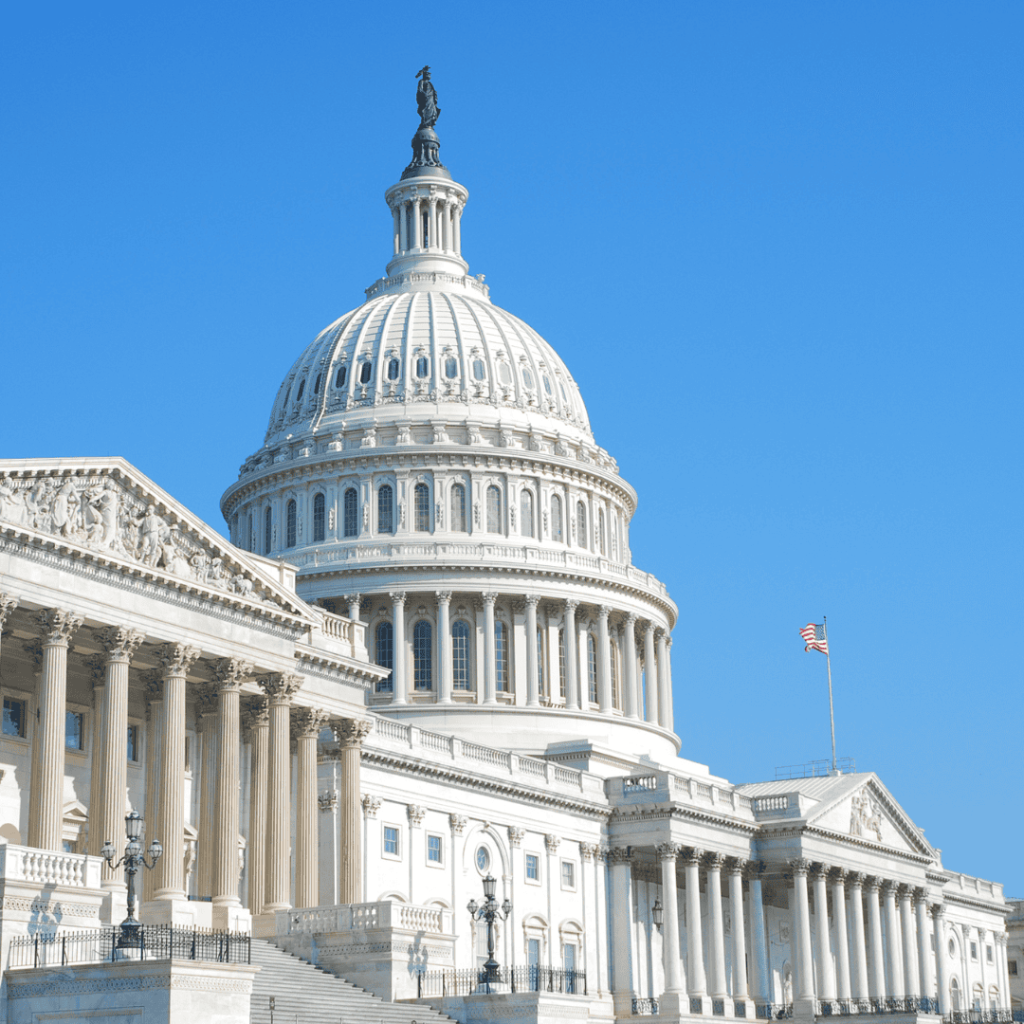As Trump’s inauguration date creeps up on us, American businesses, particularly those with operations in the UK, are facing a period of uncertainty. Why? Because now he controls the presidency, the senate and the house of representatives we will see some major rolling back of the changes made under the Democrats. For example instead of the proposed sunsetting of major provisions from the 2018 Tax Cuts and Jobs Act (TCJA), which brought significant tax obligations for international trade and American business owners, we are now likely to see this extended and ‘business as usual’.
Although there are a lot of unknowns, we think it’s invaluable to prepare for what the changes could be, so that’s why we’ve written this short guide. Here’s how the 2024 election will impact your business and what action you can take now.
Potential tax changes and their impact on your business
The Tax Cuts and Jobs Act (TCJA), enacted in 2018, introduced changes that affected large corporations and small to medium enterprises (SMEs) alike. Originally intended to prevent large corporations from avoiding US taxes by setting up in low-tax countries, these rules inadvertently impacted smaller American businesses with international operations, including those in the UK. The lack of de minimis thresholds under the TCJA also meant that even smaller entities faced significant tax liabilities.
As we approach the new Trump regime, there’s uncertainty about whether these TCJA provisions will expire in 2025, as planned, or be extended, potentially in an altered form. The current predictions are new legislation coming into effect in 2025.
Key areas of potential change:
- Continuation of the TCJA: Many provisions under the TCJA are set to expire at the end of 2025, unless Congress takes action. This would impact both the level of tax American businesses owe and the complexity of reporting requirements for international entities. Expect Congress to take action and carry on or make more draconian the provisions under the TCJA.
- Tax reporting and compliance risks: If TCJA provisions are extended, American business owners with UK operations will continue facing high reporting standards and steep penalties for non-compliance. This compliance burden has proven costly, especially for SMEs without the resources of large multinationals.
- The introduction of international tariffs: The talk on the street is all about international tariffs. Of course, the devil is in the detail here. Until we know which countries and for what, everything is speculation. However, we expect to see more tariffs and more costs involved in doing business in the USA if you or your business is a non-resident.
- Uncertain tax strategies for SMEs: The TCJA increased the tax exposure for smaller businesses operating internationally without offering the same planning flexibility available to larger companies. The 2024 election outcome could alter these provisions, requiring businesses to rethink their tax strategies for the US and UK.
Action you can take now
While it’s unclear which tax provisions may change, there are steps American businesses with UK ties can take now to manage potential impacts. For example, proactive planning, including tax modelling and scenario analysis, can help prepare your business for various tax scenarios after the election.
Here are some practical steps you can take today:
- Engage in tax modelling and scenario planning: Work with a tax advisor to model different tax scenarios based on potential changes. This exercise is invaluable as it will help you understand how different election outcomes may impact your tax liability, cash flow, and reinvestment capacity, which can inform better financial decisions.
- Evaluate international entity structures: Given the possible expiration or extension of TCJA provisions, reviewing and optimizing the structure of your UK operations is essential. This review can help identify ways to minimize tax exposure under various scenarios, reducing the financial impact on your business.
- Plan for compliance needs: If the TCJA’s strict reporting requirements remain, ensuring compliance is crucial, as penalties for reporting errors can be severe. Implementing thorough compliance practices now can help manage non-compliance risk, even if tax rates remain stable.
Be prepared for the new Trump era
Whilst Trump is notoriously difficult to predict, American businesses with operations in the UK should be ready for the possibility of significant tax changes. At a minimum, we recommend reviewing your tax strategies and exploring different scenarios, as this will help mitigate potential financial impacts and ensure compliance with evolving regulations.
If you want to start planning and evaluating your options, get in touch with us today. At SE Tax Professionals, we specialize in helping American businesses navigate complex tax landscapes, including cross-border tax compliance and strategic tax planning.
